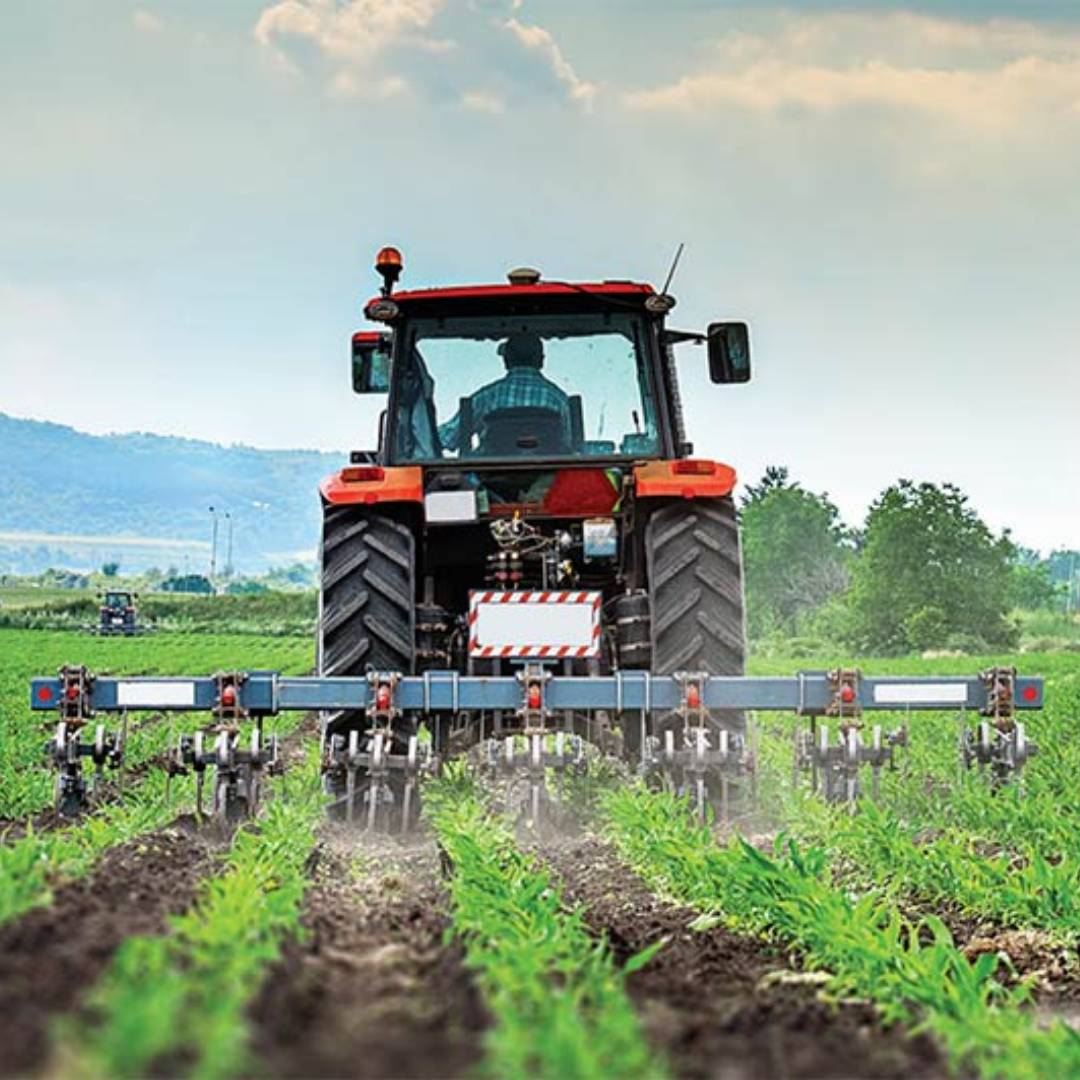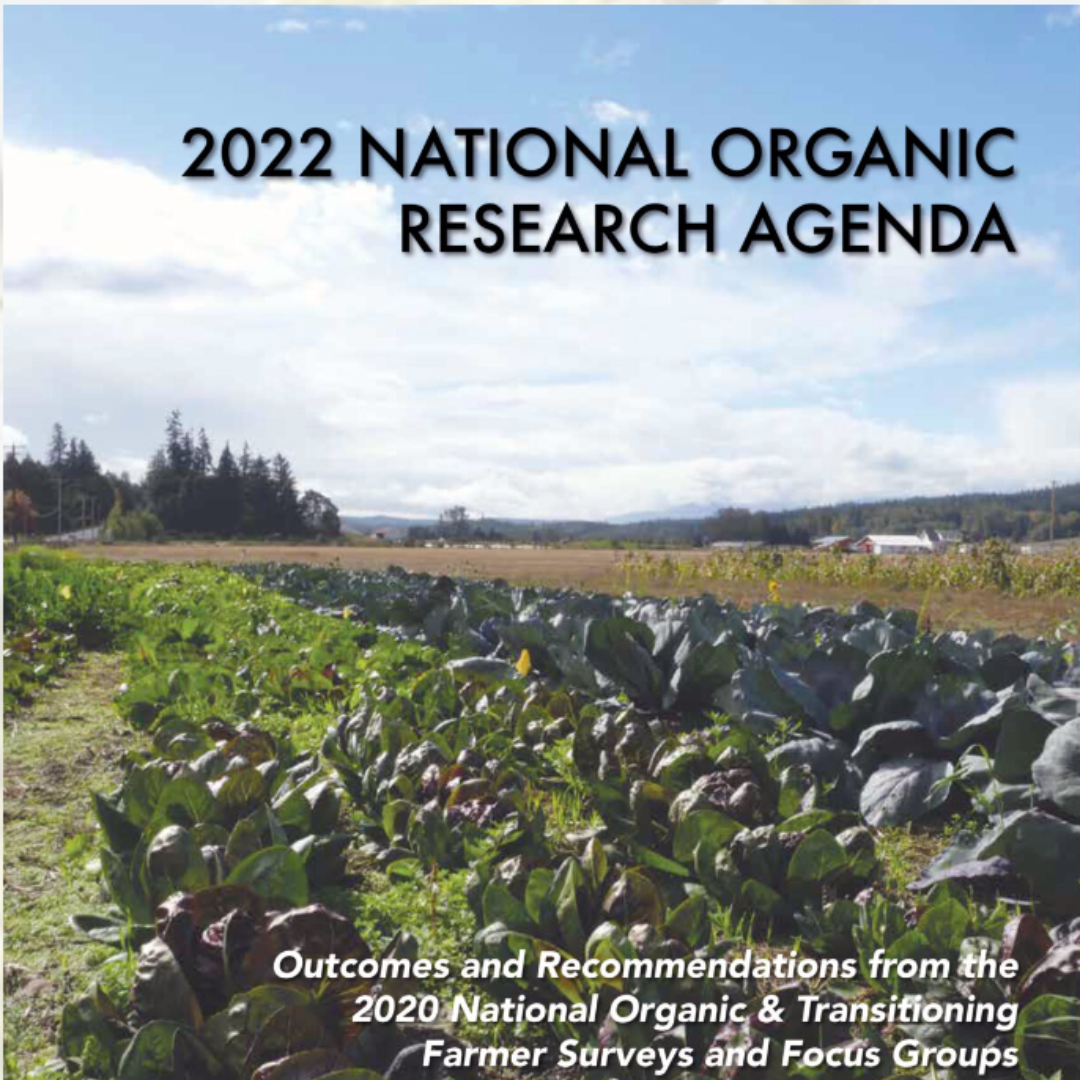A listening session report from farmers in the Treasure Valley, Idaho.
Type: Research Reports
Central Oregon Needs Assessment Report
Needs assessment report on farmers and organic certification in Central Oregon.
Soil Health and Organic Farming Guidebooks
The Soil Health and Organic Farming Guidebooks offer practical, science-based resources to help farmers build and maintain healthy, productive soils through organic practices. Covering essential topics such as building soil organic matter, conservation tillage, nutrient and water management, and climate adaptation, these guidebooks provide region-specific advice to enhance farm resilience. Farmers can also explore ecological… Continue reading Soil Health and Organic Farming Guidebooks
2022 National Organic Research Agenda (NORA) Report
The Organic Farming Research Foundation presents the 2022 National Organic Research Agenda (NORA), a report informed by surveys and focus groups conducted in 2020 with over 1,100 certified organic and 71 transitioning-organic farmers and ranchers across North America. Participants provided input and perspectives on their current organic production systems, including the use of regenerative soil… Continue reading 2022 National Organic Research Agenda (NORA) Report
Organic Certification Needs Assessment for Kelp Mariculture in Alaska
The Organic Certification Needs Assessment for Kelp Mariculture in Alaska (Alaska Needs Assessment) is designed to provide an understanding the current and anticipated market demand for organic certified farmed kelp from the state, and depending on demand, to identify specific support mechanisms and infrastructure to support and advance a transition to organic kelp production. The… Continue reading Organic Certification Needs Assessment for Kelp Mariculture in Alaska
Organic Crop Production Enterprise Budgets
An enterprise budget is an estimate of the costs and returns to produce a product. This publication looks at enterprise budgets for organic growers, reflecting a four-year rotation using corn, soybeans, oats with alfalfa and a second year of alfalfa
Organic No-Till Production
Reduced tillage or no-till can provide multiple environmental benefits, particularly in the area of soil health, as well as reducing machinery, labor and fuel costs. With organic no-till, herbicides cannot be used to terminate cover crops, as is practiced in conventional no-till. Iowa State University has worked with the Rodale Institute (RI) in conducting research… Continue reading Organic No-Till Production
Growing Organic Soybeans on Conservation Reserve Program Land
Organic soybeans may be a very lucrative crop for Iowa farmers. Learn about the market, land preparation, planting and weed management, and the harvest and subsequent crops.
Soil Quality in Organic Agriculture Systems
Building and maintaining soil quality is the basis for successful organic farming. Topics of crop rotations, soil amendments, soil health, carbon sequestration, organic agriculture philosophies, and relevant related field research are included.
Crop Rotations, Composting and Cover Crops for Organic Vegetable Production
Organic production and consumption has increased to a $39.5 billion industry in the United States with over 22,000 organic farmers. Over 5.4 million acres are in organic production in the U.S., including 164,403 acres of organic vegetables, valued at $1.3 billion. The majority of organic vegetable growers incorporate crop rotations, composting, and cover crops in… Continue reading Crop Rotations, Composting and Cover Crops for Organic Vegetable Production

